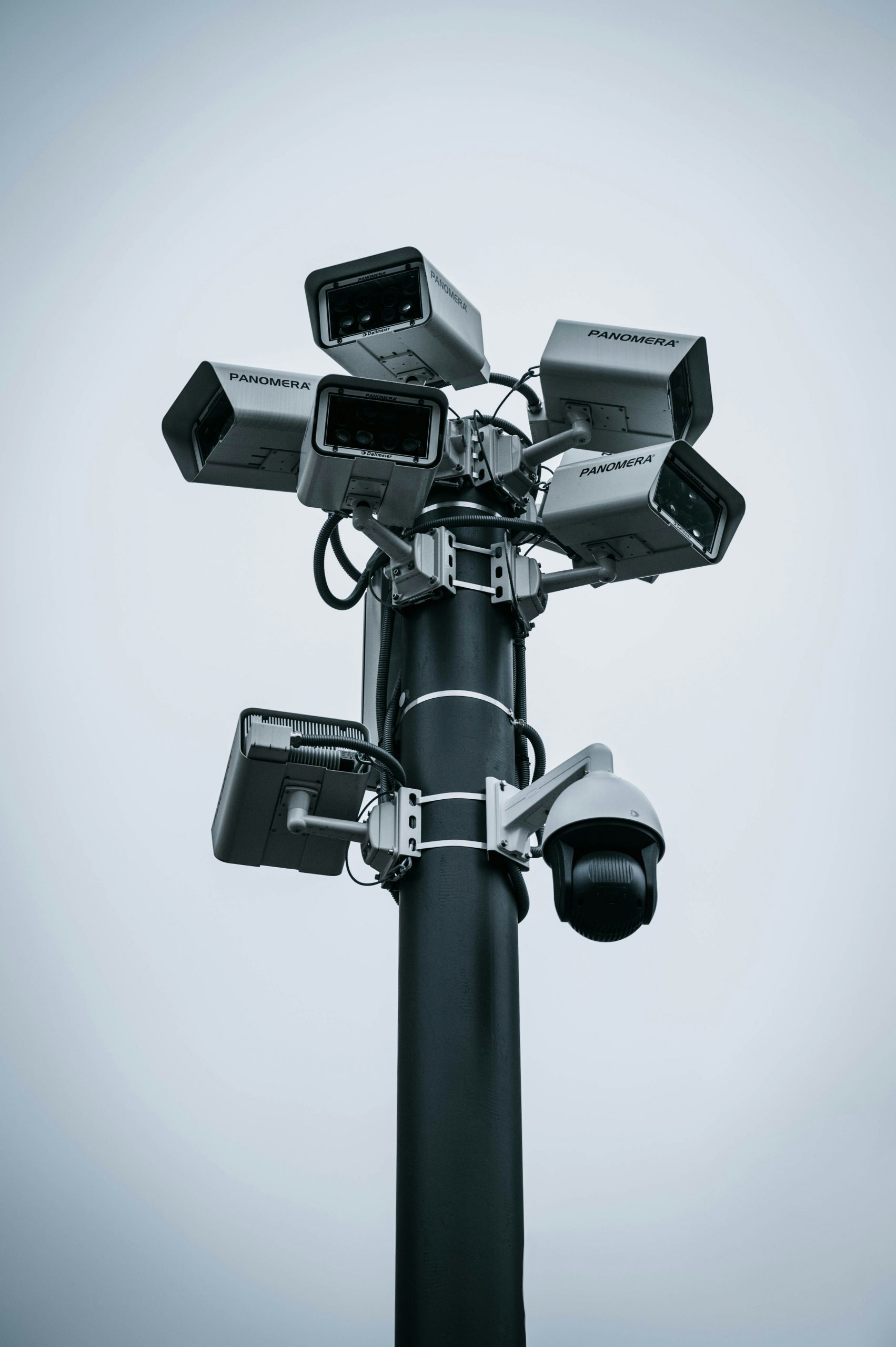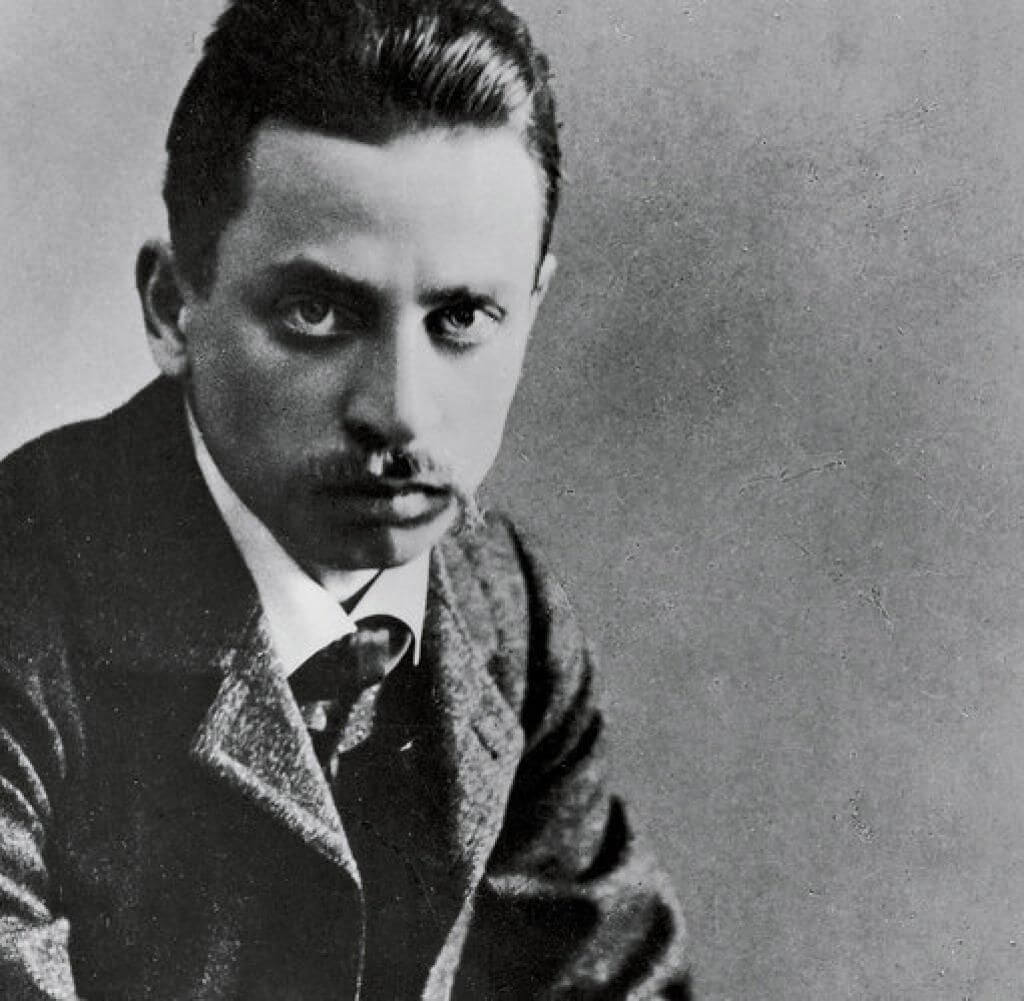Translating Ungaretti
By Wally Swist
I first read Giuseppe Ungaretti in translation in the early 1970s when I picked up his Selected Poems in the Penguin Modern European Poets Series translated by Patrick Creagh. As is my tradition, every autumn I return to a writer’s work that I prized when I was a young man. Examples include Rainer Maria Rilke, W. S. Merwin, Lu Chi, Sam Hamill, Kenneth Rexroth, and so many others. This autumn I saw a reference for L’Allegria, Giuseppe Ungaretti’s first book of poems written in the mud-spattered trenches of World War I, and I intuited deeply that it would be Ungaretti that I would be turning to during the sere days of the season of colored leaves, windstorms, and rain.
However, when I went to my local library to check out the volume upon walking to the parking lot to my car, I found that the book was a 1942 edition of L’Allegria, and that it was dual language, as I had surmised, but it was the Italian edition published by Arnoldo Mondadori Editore. It is a beautiful little medium octavo 8’ x 5’ edition that fits nicely in the hand, as I used to describe books such as this dimension as both a new, used, and antiquarian bookdealer that I was for several decades now many years ago. Although I was initially bemused by my miscalculation about my borrowing this edition from the library, and integrating my mistake of taking out a book in Italian I couldn’t necessarily read, the voice of my guide came rising up and through me in providing the guidance that I should actually translate the book line by line and poem by poem. The guidance instantaneously became my resolve.
I had long admired Denise Levertov for many reasons but one of those reasons was that she translated the French poet Eugene Guilevic (1907-1997) without having known French; and that she had translated his poetry line by line by using a French-English dictionary. Perhaps Denise Levertov gave me the necessary inspiration to solidify the direction of my guidance, since I undertook the translation of L’Allegria in a similar fashion, although I developed my initial translations using online references. Essentially, as did Levertov with Guilevic, I turned the direct translation of Ungaretti into modern American poetry.
Translating Ungaretti is not as easy as it might appear. Although largely short poems, except for the longer and often more complex poems such as “I fiumi/Rivers” and “Giugno/June” for instance, it is not the length of any poem by Ungaretti that proves a challenge it is the modernist nuances of his language, the practiced hermeticism, which originated in the work of Hermes Trismegistus, and which the fourteenth century Italian scholar Marcelo Ficino translated and espoused, as being, simply, that the universe is based upon “cosmic vibrations in the substance of the All.” However, Ungaretti was also influenced by the Dadaist movement, and poets he had met in Paris before the war, such as Romanian poet Tristan Tzara, and Ungaretti’s poetry can also be categorized as being symbolist in character. Ungaretti paints miniatures, even in his longer poems by successfully pasting in one scene after another, as in “Transfigurazione/Transformation,” not unlike the pointillist painters such as Georges Seurat and Camille Pissarro, created their images on canvas. Ungaretti’s style can be described as all of this but also he is an imagist, and it was through his images that he initially attracted me as a young writer and continues to earn my respect and admiration.
I remember reading Patrick Creagh’s translations in the Penguin Modern European Poets Series, edited by A. Alvarez, on my lunch breaks from the bookstore I worked in, Book World, on Chapel Street next to the Yale Art & Architecture Building, for some months, carefully rereading each poem, turning over each image in my mind, in the same way I might cherish a clear glass marble in my hand. Eventually, I would go on to write short poems after Ungaretti that would be published in Rolling Stone, although imitating his characteristic deep image I would never achieve his aesthetic mastery of hermeticism or symbolism, although I would continue to practice imagism for my entire adult writing life.
After finishing my translation of L’Allegria, I discover that there is another translation of the work published just this autumn. Although initially disconcerting, since I thought I might be resuscitating Ungaretti’s reputation, especially with this iconic first book of poetry that glimmers with “cosmic vibrations” of sunrises and meadows in depicting deep moments of the sublime but also the harrowing moments of war, since there are previous translations from this book in selections of Ungaretti published in both 1975 and 2002, however, I am grateful I listened to the guidance that directed me to create my own translations of the work—just for the sake of the rigor and the depth of experience of getting as immeasurably close to not only Ungaretti’s poetics but to his life as he lead it, and its many vicissitudes, during the years of WWI from 1914 through 1919.
What I observed myself doing in translating Ungaretti was, often enough, providing a different, and I believe most optimal, syntactical translation of his work in comparison to some of the other extant translations. Also, I believe my verb choice, as an imagist poet (which is evident even in my short narrative poems) of a more specific verb, such as in “Un Sogno Solito/A Habitual Dream,” in which I use the verb “sequined” in describing how the water of the Nile dressed the women Ungaretti witnessed standing along the banks after their swimming in the river. Some translations can only truly be rendered in a line by line direct translation from the Italian; most others need the interpretive and poetic verve in representing their meaning in English and significantly in the parlance of modern American poetry, as much as that parlance is of my own voice and my own making. So, it is my belief, and positive intentionality, that these translations that I offer of Ungaretti are not only different from any other but they are also of at least a modicum of importance and that they have a life of their own in their being a creation unto themselves and of their own.
With this stated, my own imperative in translating Ungaretti has been to impart Ungaretti to any reader—to attempt to instill the apparent sprezzatura, or “studied carelessness” with a touch of elan, which is characteristic of Ungaretti’s poetry, but also the scintillante, or the sparkling element, and a word I use often in translating Ungaretti, crystalline, that he instills and is a compelling agent in the nature of his work.
I have previously made some translations of Rainer Maria Rilke, Georg Trakl, Juan Ramon Jimenez, Saint John of the Cross, and Federico Garcia Lorca—publishing several of these; however, this is my first full-length book of translations. It is my positive intentionality that this is also my sharing of my love and ardor for the poetry of Giuseppe Ungaretti, and most especially, his L’Allegria, his Cheerfulness in the face of adversity, and through that adversity his discovery of the serene. Ungaretti’s poetry is a poetry for our time and the division of America by the authoritarian presidency of Donald Trump—through the ugliness and horror of the first world war Ungaretti did find light as Americans may rediscover a similar radiance after the worst president in American history is voted out of office and for him to be made to pay retribution for his cruel and criminal acts while in office, as well as the country repairing itself and becoming more of a democracy than it ever has before.
I am grateful for this opportunity of translating Ungaretti and of having listened to the guidance that I heard. May these translations of Ungaretti sing to you as Ungaretti has clearly sung to me, as in the final poem in this collection, Preghiera/Prayer.
Prayer
Parigi – Milano 1919
When I awake
from inflamed profligacy
within a crystalline, astonished space
When my weight becomes light once again
The shipwreck endows me, Lord
the first exclamation of a new day
About the Author
 Giuseppe Ungaretti (8 February 1888 – 2 June 1970), Italian modernist poet, journalist, essayist, critic, and academic Influenced by symbolism, especially the French-Romanian poet Tristan Tzara, he was briefly aligned with futurism, Ungaretti lead the experimental trend known as Ermetismo (“Hermeticism”), in which he advocated “a personal approach to poetry,” and became one of the most significant contributors to 20th century Italian literature. Ungaretti debuted as a poet while fighting in the trenches in WWI, later publishing his iconic and possibly best-known book, L’Allegria (Cheerfulness, Swist translation). During the interwar period, he was a foreign-based correspondent, but after spending several years in Brazil, he returned to Italy during World War II, and was assigned a teaching post at the University of Rome, where he spent his final decades. In 1970, he was the initial recipient of the prestigious Neustadt International Prize for Literature, awarded biennially by World Literature Today.
Giuseppe Ungaretti (8 February 1888 – 2 June 1970), Italian modernist poet, journalist, essayist, critic, and academic Influenced by symbolism, especially the French-Romanian poet Tristan Tzara, he was briefly aligned with futurism, Ungaretti lead the experimental trend known as Ermetismo (“Hermeticism”), in which he advocated “a personal approach to poetry,” and became one of the most significant contributors to 20th century Italian literature. Ungaretti debuted as a poet while fighting in the trenches in WWI, later publishing his iconic and possibly best-known book, L’Allegria (Cheerfulness, Swist translation). During the interwar period, he was a foreign-based correspondent, but after spending several years in Brazil, he returned to Italy during World War II, and was assigned a teaching post at the University of Rome, where he spent his final decades. In 1970, he was the initial recipient of the prestigious Neustadt International Prize for Literature, awarded biennially by World Literature Today.
About the Author
 Wally Swist’s books include Huang Po and the Dimensions of Love (Southern Illinois University Press, 2012), Awakening & Visitation, and Evanescence: Selected Poems (2020), with Shanti Arts.
Wally Swist’s books include Huang Po and the Dimensions of Love (Southern Illinois University Press, 2012), Awakening & Visitation, and Evanescence: Selected Poems (2020), with Shanti Arts.
His translations have been and/or will be published in Chiron Review, Ezra: An Online Journal of Translation, The RavensPerch: Adding Breadth to Word, Solace: A Magazine of Diverse Voices, Transference: A Literary Journal Featuring the Art & Process of Translation, (Western Michigan Department of Languages), and Woven Tale Press.
His latest book of essays, A Writer’s Statements on Beauty: New & Selected Essays & Reviews will be published in 2021 by Shanti Arts.



